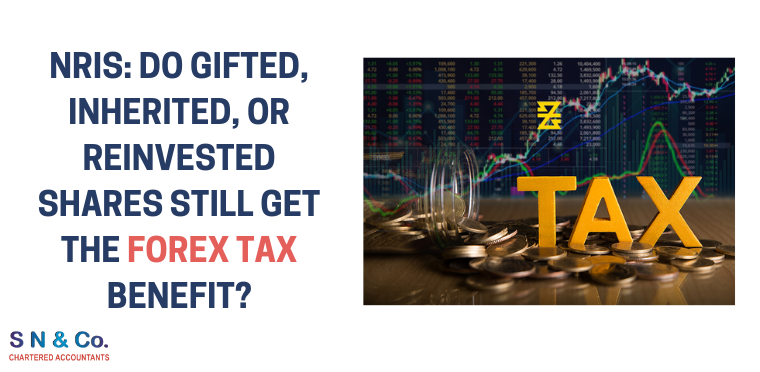If you’re a UAE resident investing in Indian mutual funds, a common question arises — Will I be taxed on my mutual fund gains in India?
Short answer: No.
But it comes with a few key conditions. This tax treatment stems from how India’s domestic tax laws interact with the India-UAE DTAA (Double Taxation Avoidance Agreement).
Let’s understand how.
1. The DTAA Loophole: UAE Article 13(5) Explained
As per Article 13(5) of the India-UAE DTAA:
Capital gains arising from assets other than shares and immovable property are taxable only in the country where the seller resides.
So, if you’re a UAE tax resident (with a valid Tax Residency Certificate), your capital gains on mutual fund units sold in India are not taxable in India.
2. Are Mutual Funds Considered ‘Shares’?
This is a crucial point.
- According to the Companies Act and SEBI, mutual fund units are not treated as shares.
- Therefore, mutual fund units form a distinct class of capital assets.
Hence, capital gains from equity mutual funds, debt funds, or bonds are not considered exceptions under Article 13(5), making them non-taxable in India for UAE residents.
3. Judicial Precedents That Support This View
Several judicial rulings have reinforced this position:
- [2019] 108 taxmann.com 545 (Cochin ITAT):
Confirmed that mutual fund units are not shares. Hence, capital gains on them are not taxable under DTAA. - Satish Beharilal Raheja [2013] 37 taxmann.com 296 (Mumbai ITAT):
Held that even equity-oriented mutual fund gains for Swiss residents are not taxable in India as they are not shares.
- Anushka Sanjay Shah v. Income Tax Officer IT(IT)A No.174/MUM/2025
Capital Gain on Sale/Redemption of Mutual Fund Units would be taxable only in Singapore as per India-Singapore DTAA
4. Similar Provisions in Other DTAAs: Singapore, Mauritius, Switzerland
This tax relief is not exclusive to the UAE. Similar provisions exist in India’s DTAAs with:
- Singapore
- Mauritius
- Switzerland
The key requirements:
- Investor must be a tax resident of the respective country
- Must obtain a Tax Residency Certificate (TRC) and file Form 10F
5. Will the Same DTAA Relief Apply to AIFs (Alternative Investment Funds)?
Not in all cases. Here’s the distinction:
Category I and II AIFs:
- Treated as pass-through vehicles
- Income is taxed in the hands of investors
- If the investor is a non-resident and pays tax in India, they can typically claim credit in their home country
- DTAA relief is more likely to apply
Category III AIFs:
- Not treated as pass-through
- The AIF itself pays tax at the Maximum Marginal Rate
- The investor does not directly pay tax in India
- Most DTAAs allow foreign tax credit only for tax paid directly by the taxpayer
- Hence, DTAA relief is uncertain or unavailable
6. Key Takeaways for UAE-Based Investors
- No Indian tax on mutual fund gains if DTAA Article 13(5) is applied correctly
- Mutual fund units are not classified as shares
- Ensure you possess a valid TRC and submit Form 10F
- Caution is advised with AIFs, especially Category III, due to complex tax treatment
7. Final Thoughts: Is It Time to Rethink Your Investment Structure?
If you’re a UAE-based NRI, Indian mutual funds present a compelling tax-efficient investment option.
However, as regulatory clarity on AIFs, cryptocurrencies, and alternative assets evolves, it is prudent to reassess your structure regularly.
Strategic tax planning now can save major liabilities later.
Need Help Navigating DTAA or Indian Tax Compliance?
- Review your capital gains tax position
- Validate your TRC and Form 10F submissions
- Compare benefits of Mutual Funds vs AIFs
Consult a cross-border tax advisor today to secure your financial gains.






